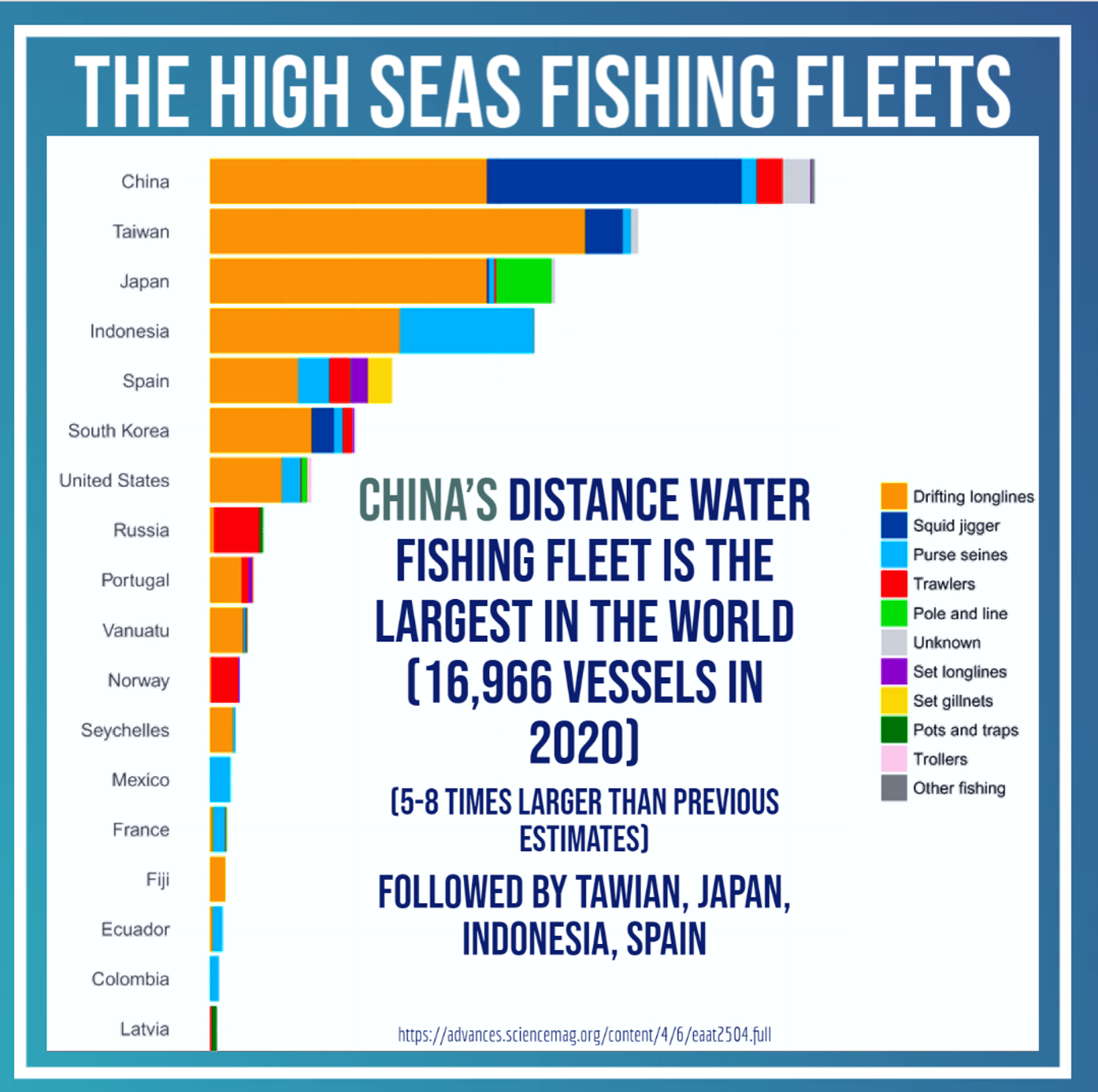Subsidies

Overfishing is one of the greatest threats to ocean health, yet for decades many governments have paid subsidies to their fishing fleets, helping them fish beyond levels that are biologically unsustainable.
Certain countries are allowed to subsidise their fishing fleets – either so for them to transfer AWAY from fishing or to help their artisanal fishers be more effective. The goal is to encourage sound management of fishing resources.
However harmful fishing subsidies are causing extreme harm as many countries subsidise the costs of vessel fuel, upgrades, port renovations, and other expenses, but they help mainly industrial fleets (factory fishing ships) to fish farther from shore without having to return. This rewards fishing fleets that have badly managed the waters in their own area to go fish far away in large numbers and for long periods at a time.
The fish have no time to rest, to breed nor to escape. This means we are killing faster than fishes can build up their populations. This is alarming scientists around the world. This is counterproductive to the principle behind fishing subsidies but is happening TODAY.

A June 2018 study found that without government subsidies, as much as 54% of the present high-seas fishing grounds would be unprofitable.
These subsidies, some of which even support illegal fishing activities, MUST end. New studies show World Trade Organization (WTO) measures to end harmful subsidies could help local fishers while increasing global catch.
Studies show that governments are spending $22.2 billion per year on payments that encourage overfishing.
- In 2018 US$35.4 billion in subsidies were paid by public entities;
- Capacity-enhancing subsidies (fuel) was the highest amount at over US$ 22.2 billion;
- Except for North America and Oceana, all regions gave more in fuel subsidies than any other category;
- Fuel subsidies comprise the largest type of subsidy in fishing subsidies;
- Asia, including China, provide the highest amounts of subsidies (55%), followed by Europe (18%), and North America (13%) of the total;
But the current legal framework (World Trade Organisation) still allows for this practice. Until member states agree, there is little chance of our fish stocks recovering
https://www.sciencedirect.com/science/article/pii/S0308597X19303677